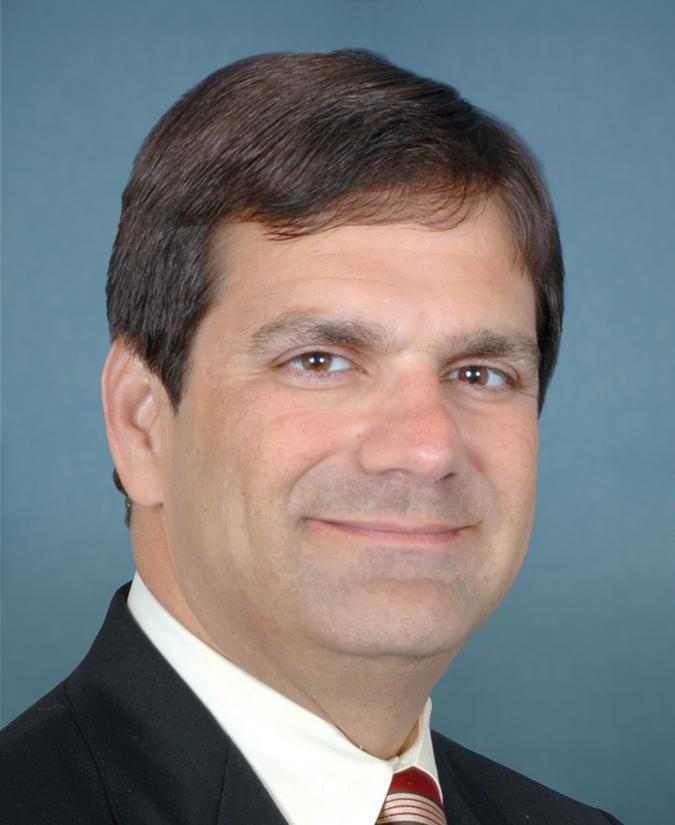By Stephen Kurkjian
Special to the Mirror-Spectator
BOSTON — With the news in March that Alabama had become the 49th state in the country to adopt a resolution recognizing the Armenian Genocide, Aram Hamparian, the executive director of the Armenian National Committee of America (ANCA), almost immediately remembered the words spoken long before by a longstanding foe in Congress.
Who but a few congressmen from California whose districts might include large populations of Armenians care about adopting such resolutions asked Rep. Doug Bereuter of Nebraska, a powerful Republican who had used his position on the House Committee on International Relations in 1990 to oppose passage of a Genocide resolution in Congress.
America’s interest was to not antagonize Turkey, our NATO ally, not worrying about a wrong that had taken place at the turn of the 20th century, Bereuter implied.
“I think this proves how wrong he (Bereuter) was,” said Hamparian, whose organization has worked with the Armenian Assembly in advocating for the state-by-state passage of the Genocide recognition resolutions. The nearly unanimous number of states shows that a “lot more people than a few congressmen from California believe we have convincing evidence and justice on our side.”












